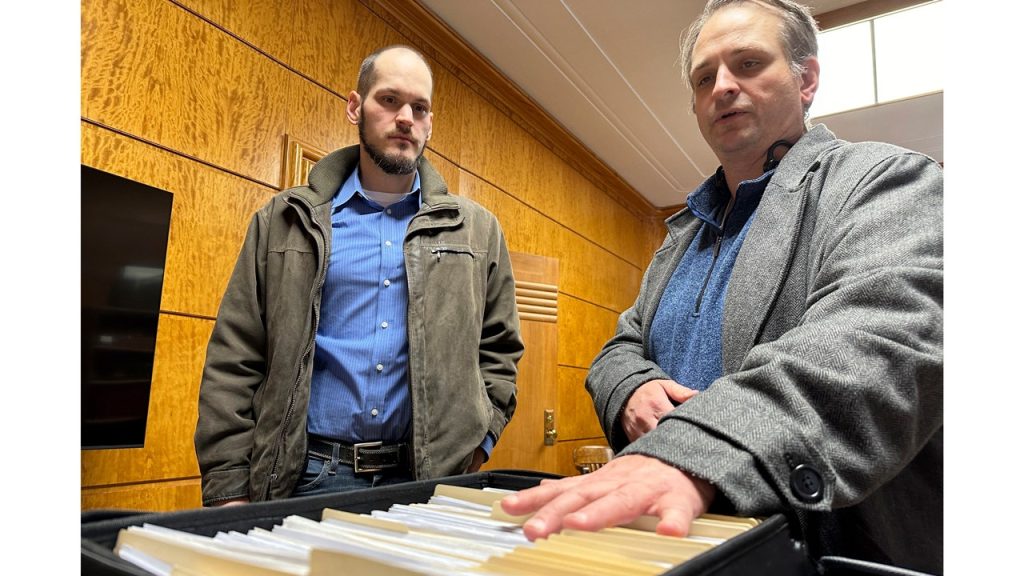North Dakota lawmakers have estimated that defending a proposed congressional age limit in court could cost the state up to $1 million. The measure, which would prevent individuals from running for Congress if they could turn 81 during their House or Senate term, has been approved for the June 11 ballot. Despite concerns that a state-imposed age limit would be unconstitutional based on a U.S. Supreme Court ruling from 1995, some observers believe that the measure is likely to face a legal challenge that could potentially reach the nation’s highest court.
Republican Senator Janne Myrdal has suggested that the backers of the age limit proposal are deliberately seeking litigation, using the initiative process as a means to challenge the existing laws. The measure’s chairman, Jared Hendrix, has defended the proposed age limit, citing the support of over 40,000 petition signers as indicative of public interest in the issue. In the event the measure is passed, it is unclear who may challenge it in court, and the state may need to hire a special assistant attorney general to defend it.
While the measure would not prevent any incumbents from running for re-election, it could impact future candidates who are nearing the age of 81. The initiative specifically targets U.S. Senate and House seats, setting a maximum age limit for those seeking election or appointment to these positions. The measure has gained attention amidst ongoing scrutiny of the ages and fitness of some members of Congress, with both President Joe Biden and former President Donald Trump being in their 70s during this election year.
Deputy Attorney General Claire Ness has cautioned lawmakers that the costs of defending the age limit in court could exceed the estimated $1 million, depending on a variety of factors including legal issues raised by the opposition and the hourly rate of the attorney hired to handle the case. Ness emphasized the importance of the attorney general’s office defending the state’s constitution and laws, suggesting that the state has a responsibility to uphold the will of the people as expressed through the initiative process.
The potential legal challenge to the proposed age limit has raised questions about its constitutionality and whether it may be in conflict with existing federal laws. Some legal scholars and political observers have pointed to a previous U.S. Supreme Court ruling on term limits as a potential barrier to the implementation of state-imposed qualifications for congressional candidates. Despite the uncertainty surrounding the fate of the proposed age limit, its supporters remain optimistic about its prospects and continue to advocate for its inclusion on the ballot.
As North Dakota lawmakers prepare for a potential legal battle over the proposed congressional age limit, the outcome of this initiative could have broader implications for discussions around the qualifications and fitness of elected officials at both the state and federal levels. With the possibility of a challenge being appealed all the way to the U.S. Supreme Court, the issue of age limits for congressional candidates may become a focal point in the ongoing debate over how best to ensure effective representation and governance in the American political system.


